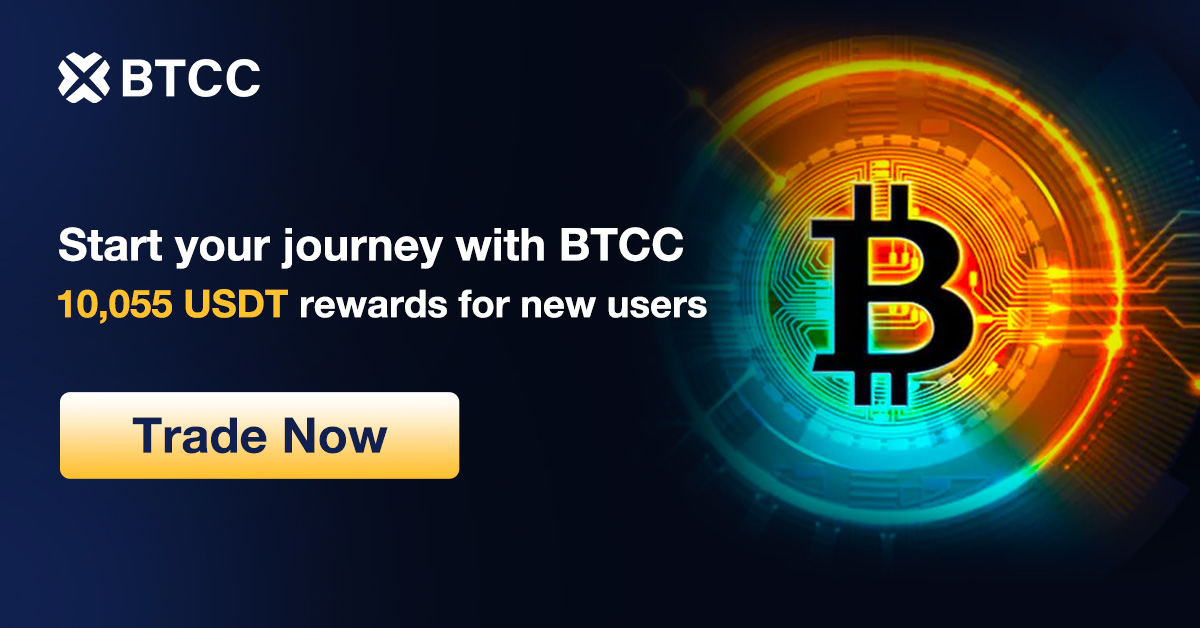Cboe Digital Partners with Crossover Markets to Speed Up Digital Assets Trading
Crossover Markets Group, a leader in digital asset technology, has partnered with Cboe Digital to provide a clearing solution for transactions involving several digital asset execution platforms. With this partnership, the Chicago Board Options Exchange’s (Cboe) digital division gains access to Crossover’s clearing solutions for spot and futures trades across numerous digital asset execution platforms. As part of the agreement, CROSSx will be integrated with Cboe Clear Digital, the clearing division of Cboe Digital Exchange.
How does this impact the digital assets market?
To accommodate the special needs of financial institutions for cryptocurrency market liquidity, Crossover Markets has developed proprietary trading technology for digital assets. In addition to Cboe Digital’s native exchange, the business also provides an execution-only Bitcoin Electronic Communication Network (ECN) product called CROSSx, which facilitates institutional and intermediary clients to execute spot cryptocurrency transactions on a dynamic technological platform.
To supplement Cboe Digital’s native exchange, CROSSx offers institutional and intermediary clients a tech platform to trade spot cryptocurrencies. The Cboe Clear Digital clearing platform follows the same central counterparty model as the original Cboe Digital.
Until fungibility is widely adopted, it is possible that institutional trading volumes in the Bitcoin market may not live up to its full potential. Cboe Digital is one of the first to provide a clearing solution for fungibility, making it possible for financial institutions to trade on CROSSx with Cboe Digital acting as their credit counterparty.
Cboe Digital’s cutting-edge systems have joined forces with the revolutionary CROSSx ultra-low latency ECN. For CROSSx, this is a huge step forward because it makes them the first third-party technology platform to offer connection to Cboe Digital. In addition, the partnership is important because it promotes competition in transaction execution, which could lead to lower trading fees.



